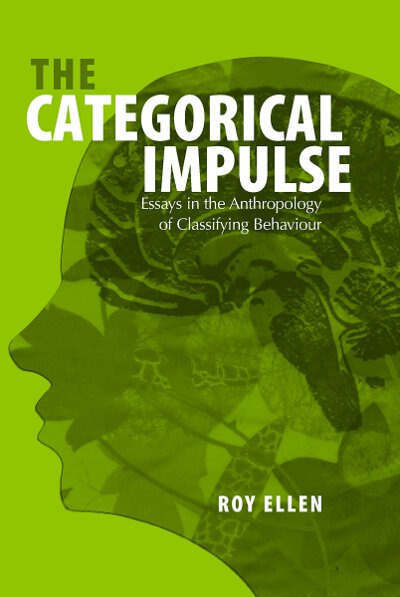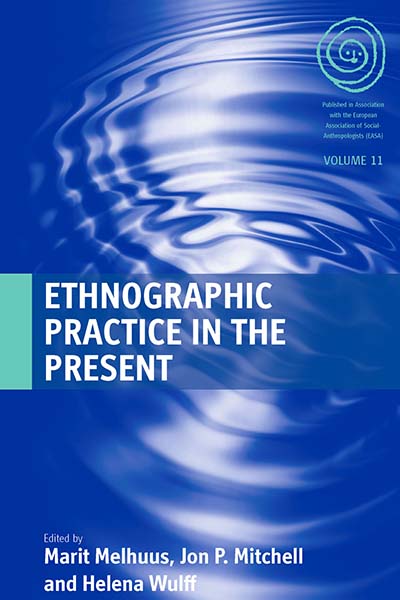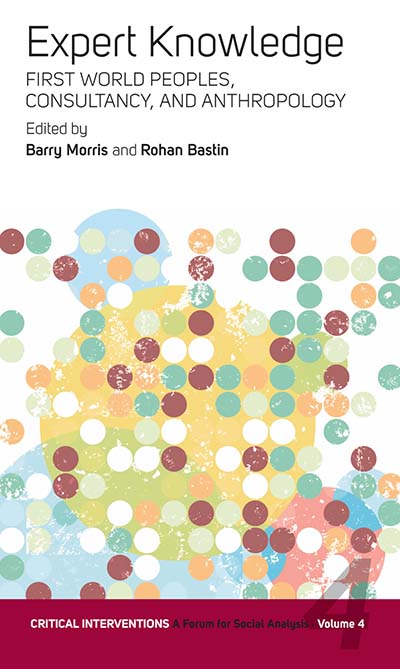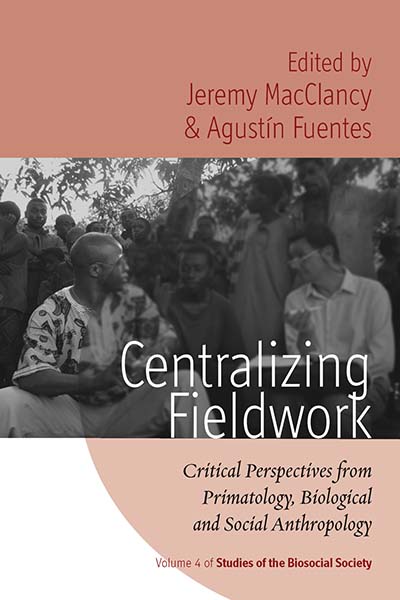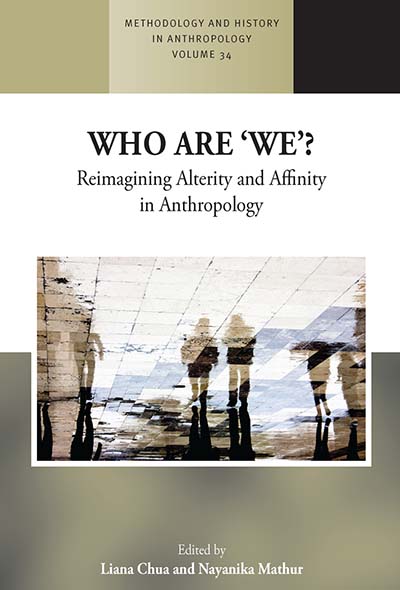
Series
Volume 34
Methodology & History in Anthropology
See Related
Anthropology JournalsEmail Newsletters
Sign up for our email newsletters to get customized updates on new Berghahn publications.
Who are 'We'?
Reimagining Alterity and Affinity in Anthropology
Edited by Liana Chua and Nayanika Mathur
Afterword by Mwenda Ntarangwi
264 pages, 10 illus., bibliog., index
ISBN 978-1-78533-888-5 $135.00/£104.00 / Hb / Published (June 2018)
ISBN 978-1-80539-716-8 $29.95/£23.95 / Pb / Published (September 2024)
eISBN 978-1-80539-903-2 eBook
Reviews
“Who Are ‘We’? does not provide a response to its own title. Rather, it pulls some of the historical, epistemic and political threads that have come to produce the intricate ‘we’ that we think we are… Importantly, this book is not a guide through pre‐existing affinities and alterities, but an invitation to imagine new ways of reconnecting people – anthropologists and those who are not – in ever productive ways.” • Social Anthropology
“[This volume] raises awareness about existing inequalities in knowledge production, and at the same time contributes to the theoretical discussions on knowledge production in anthropology.” • Michal Buchowski, Adam Mickiewicz University
Description
Who do “we” anthropologists think “we” are? And how do forms and notions of collective disciplinary identity shape the way we think, write, and do anthropology? This volume explores how the anthropological “we” has been construed, transformed, and deployed across history and the global anthropological landscape. Drawing together both reflections and ethnographic case studies, it interrogates the critical—yet poorly studied—roles played by myriad anthropological “we” as in generating and influencing anthropological theory, method, and analysis. In the process, new spaces are opened for reimagining who “we” are – and what “we,” and indeed anthropology, could become.
Liana Chua is Tunku Abdul Rahman University Associate Professor in Malay World Studies at the Department of Social Anthropology, University of Cambridge. Her publications include The Christianity of Culture (Palgrave, 2012) and co-edited volumes on evidence, power in Southeast Asia and Alfred Gell’s theory of art.
Nayanika Mathur is Professor of Anthropology and South Asian Studies at the University of Oxford. Her publications include Paper Tiger: Law, Bureaucracy, and the Developmental State in Himalayan India (Cambridge, 2016) and Crooked Cats: Beastly Encounters in the Anthropocene (Chicago,2021) as well as co-edited volumes on anthropological methods and Indian politics.
Subject: Anthropology (General)Theory and Methodology
Contents
Download ToC (PDF)

